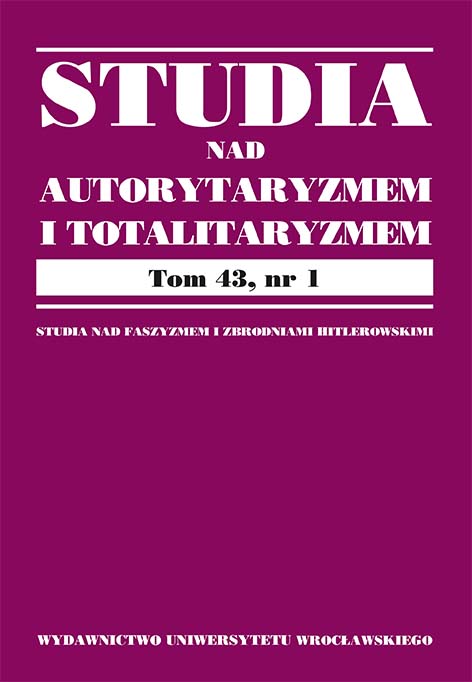

Artykuły

The first part of the article characterizes the change in the provisions concerning the way of taking into account the expiration of the limitation period of claims, which took place in 1990, as well as the basic aspects related to the functioning of two competing solutions in the discussed issue, i.e. taking into account the expiration of limitation period of claims by the court ex officio or on the defendant’s plea. This second part of the article presents the practice of applying the solution introduced in 1990, including the assessment by the courts of the plea of limitation raised by the defendant in terms of whether it constitutes an abuse of law. Some irregularities that emerged in connection with the functioning of the electronic writ of payment were also indicated. Attention was also paid to the aspect of the sometimes expressed social attitude in the analyzed matter and the amendment to the provisions on the limitation of claims made by the Act of April 13, 2018. The latter regulation caused that now, in relation to claims pursued by entrepreneurs from consumers, the court must ex officio take into account the expiration of the limitation period of claim. The considerations end with reflections on the causes and effects of the phenomenon of the return, albeit partial, to such a solution. After all, it was first rejected in 1990 as a normative structure functioning in an authoritarian state, and in a significant period even totalitarian (as discussed in more detail in the first part of this article), and now in 2018 it has been restored with regard to claims pursued by entrepreneurs from consumers.